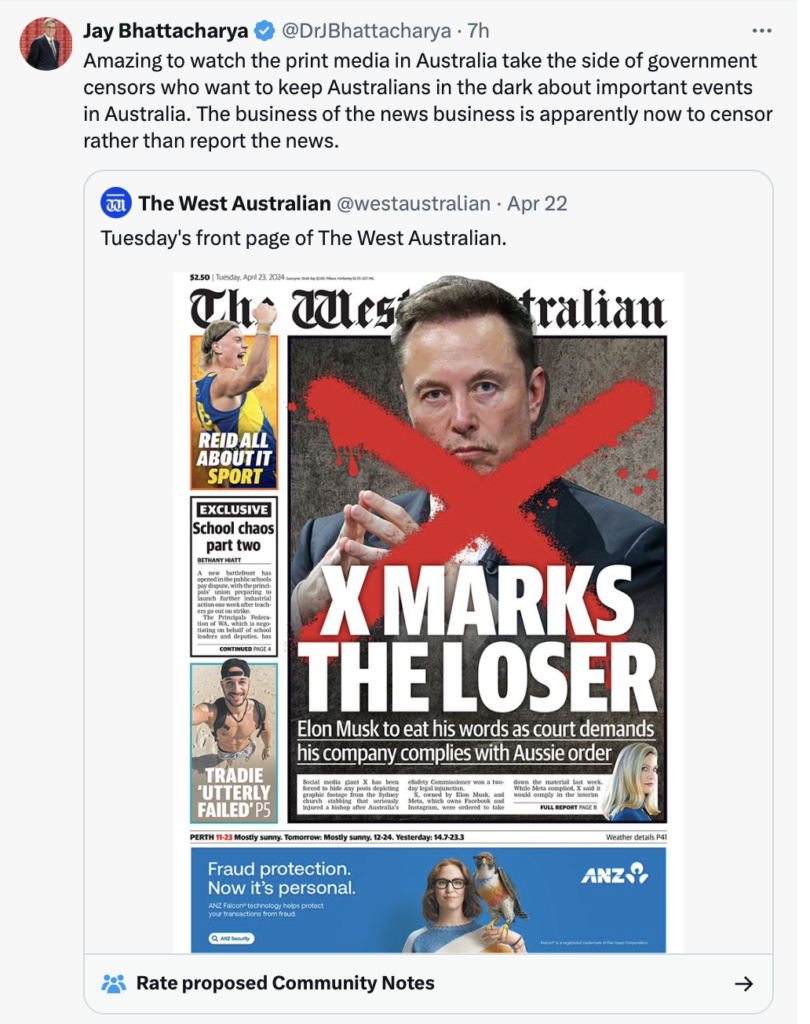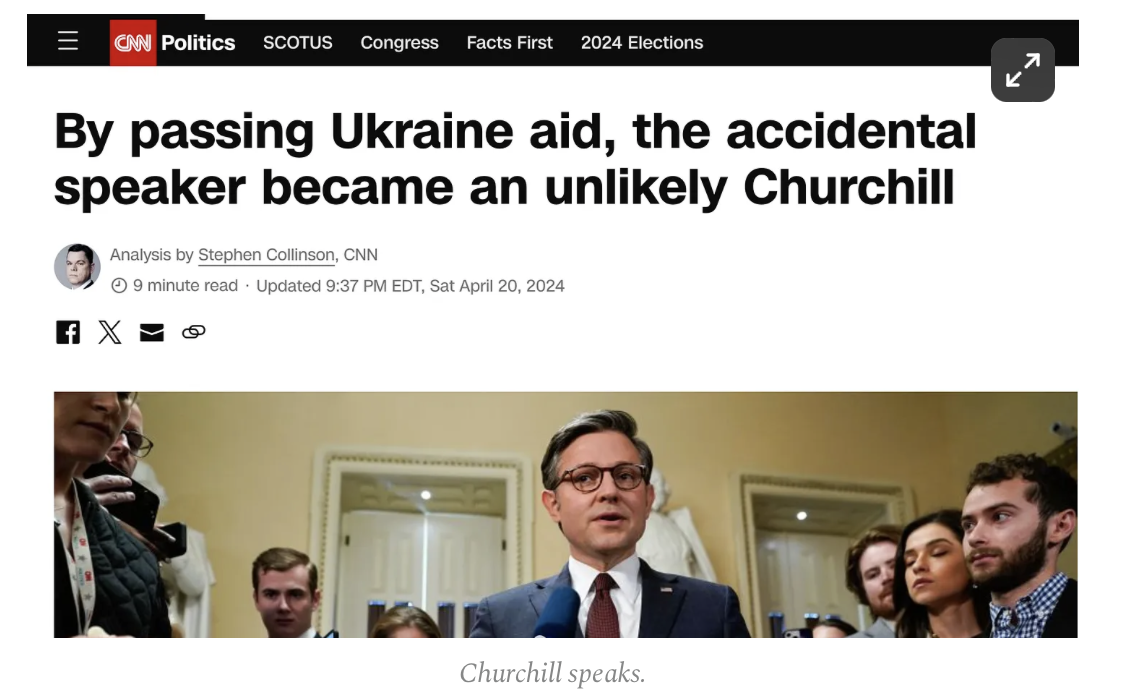Gloria Mark is a professor of informatics at the University of California, Irvine. She has documented an overall shrinking of the attention span of Americans. This is not a good thing for various reasons, including switching costs. Here is an excerpt from her interview by Kim Mills:
Mills: . . . How much have our attention spans shrunk?
Mark: So we started measuring this back in 2004, and at the time the measures that we used were stopwatches because that was the most precise thing we had at the time. We would shadow people with stopwatches for every single activity they did. We would record the start time and the stop time. So you're on a screen where you're working in a Word doc, as soon as you get to that screen, we clicked start time, soon as they turned away and checked email, we clicked stop time for the Word document, start time for the email. But fortunately, sophisticated computer logging methods were developed, and so of course we switched to those. So back in 2004, we found the average attention span on any screen to be two and a half minutes on average. Throughout the years it became shorter. So around 2012 we found it to be 75 seconds.
This is with logging techniques. This is an average. And then in the last five, six years, we found it to average about 47 seconds, and others have replicated this result within a few seconds. So it seems to be quite robust. Now, another way to think about this result is the median. The median means the midpoint of observations. The median is 40 seconds. And what this means is that half of all the measurements that we found were 40 seconds or less of people's attention spans. Now obviously because we're talking about averages and medians, sometimes people do spend longer, but quite a good bit of the time, their attention spans are much shorter and with an average coming to 47 seconds.
Mills: So why is this a problem? Since it seems to be happening almost universally at this point, is this just the new normal?
Mark: It seems to be the new normal because we seem to have reached a steady state over the last five or six years where these are the measures that we're seeing. Is this a good thing? I would argue it's not a good thing for the following reasons. First of all, we find in our research a correlation between frequency of attention switching and stress. So the faster the attention switching occurs, stress is measured by people wearing heart rate monitors. We show that stress goes up. We know from decades of research in the laboratory that when people multitask, they experience stress, blood pressure rises. There's a physiological marker in the body that indicates people are stressed. And in our studies, we've also simply asked people with well valid instruments to report their stress, their perceived stress, and it's reported to be higher the faster that we measure attention shifting.
So all of these measures seem to be consistent. I'll also measure that when people shift their attention so fast, and this is multitasking, when you keep switching your attention among different activities, people make more errors. And that's been shown in studies in the real world with physicians, nurses, pilots. We also know that performance slows. Why? Because there's something called a switch cost. So every time you switch your attention, you have to reorient to that new activity, that new thing you're paying attention to, and it takes a little bit of time.
An article by Jac Mullen of The Nation indicates that this is hurting students:
By many measures, our powers of attention appear to be rapidly deteriorating. The average attention span of the individual has seemingly contracted almost 70 percent in the last 20 years, for instance, and our collective attention span is reported to be shrinking as well. Overwhelmingly, people report that their capacity for sustained focus is declining, along with their ability to engage in deep thought. There is growing evidence that many of the methods devised to continually reengage an already depleted attention, or to seize a developing capacity for focus, pose special dangers to children: A recent spate of publications, for instance, highlight evidence linking“chronic sensory overstimulation (i.e., excessive screen time)” during brain development to cognitive impairment and substantially increased risks of early-onset dementia in adulthood.
According to Cal Newport, in his 2021 book, Deep Work: Rules for Focused Success in a Distracted World. What we need is less of the above and more "deep work":
Deep Work: Professional activities performed in a state of distraction-free concentration that push your cognitive capabilities to their limit. These efforts create new value, improve your skill, and are hard to replicate. Deep work is necessary to wring every last drop of value out of your current intellectual capacity. We now know from decades of research in both psychology and neuroscience that the state of mental strain that accompanies deep work is also necessary to improve your abilities. . . Indeed, if you study the lives of other influential figures from both distant and recent history, you’ll find that a commitment to deep work is a common theme. . . .
A 2012 McKinsey study found that the average knowledge worker now spends more than 60 percent of the workweek engaged in electronic communication and Internet searching, with close to 30 percent of a worker’s time dedicated to reading and answering e-mail alone.
This state of fragmented attention cannot accommodate deep work, which requires long periods of uninterrupted thinking. At the same time, however, modern knowledge workers are not loafing. In fact, they report that they are as busy as ever. What explains the discrepancy? A lot can be explained by another type of effort, which provides a counterpart to the idea of deep work:
Shallow Work: Noncognitively demanding, logistical-style tasks, often performed while distracted. These efforts tend to not create much new value in the world and are easy to replicate.
In an age of network tools, in other words, knowledge workers increasingly replace deep work with the shallow alternative— constantly sending and receiving e-mail messages like human network routers, with frequent breaks for quick hits of distraction. Larger efforts that would be well served by deep thinking, such as forming a new business strategy or writing an important grant application, get fragmented into distracted dashes that produce muted quality.
To make matters worse for depth, there’s increasing evidence that this shift toward the shallow is not a choice that can be easily reversed. Spend enough time in a state of frenetic shallowness and you permanently reduce your capacity to perform deep work.




